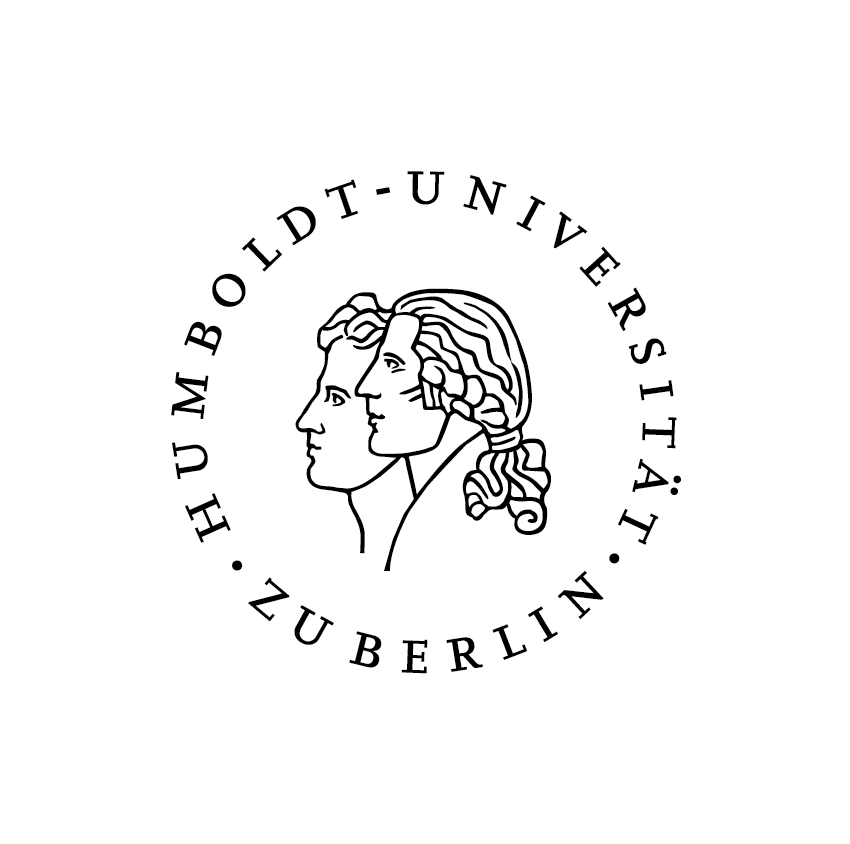
In an article from the latest issue of the Adlershof Journal, the newly founded Berlin Battery Lab (BBL) takes center stage. This initiative combines the expertise of the German Federal Institute for Materials Research and Testing (BAM), the Helmholtz-Zentrum Berlin (HZB), and the Humboldt-Universität zu Berlin (HU) to advance sustainable battery technologies.
Battery Breakthroughs with Sustainable Synergy
The article features CSMB member Philipp Adelhelm, a renowned electrochemist and materials scientist, who is a professor at HU's Department of Chemistry. Adelhelm was recently awarded the Berlin Science Prize and heads a joint research group at HU and HZB that focuses on battery behavior, aging, and extending their lifespan. He now also serves as a scientific spokesperson for the Berlin Battery Lab (BBL), alongside his colleague Tim Fellinger from BAM.
The BBL unites the expertise of HU, HZB, and BAM to establish Berlin as a hub for researching sustainable battery technologies, such as sodium-ion, lithium-sulfur, and sodium-sulfur batteries. This collaboration aims to reduce Europe's dependence on raw materials, foster technological independence, and facilitate cooperation with companies to accelerate implementation processes. “We are trying to draw together our ongoing research projects. We are not starting from scratch, but have now reached a critical mass,” says Adelhelm. “Combining our strengths under the BBL label has made us more visible.”
Prussian blue: more than an affordable coloring
Accidentally discovered over 300 years ago by a Berlin pharmacist, the pigment Prussian blue and its chemical variants have recently been rediscovered as a promising storage material for batteries. Adelhelm's research on Prussian blue analogues exemplifies the synergy achieved through the collaboration of HU, HZB, and BAM within the BBL.
While a doctoral student of Prof. Adelhelm at HU produces and researches the material, BAM conducts crucial safety tests, and HZB investigates its details, such as chemical reactions. This collaborative approach, with each institution contributing its unique strengths, is essential for determining the safety, sustainability, and scalability of Prussian blue as a battery storage material, underscoring the value of interinstitutional cooperation.
To learn more about Philipp Adelhelm's work and the Berlin Battery Lab, read the full article in the Adlershof Journal (Sep-Oct 2025):
🇩🇪 https://www.adlershof.de/news/die-volle-ladung
🇬🇧 https://www.adlershof.de/en/news/fully-charged

